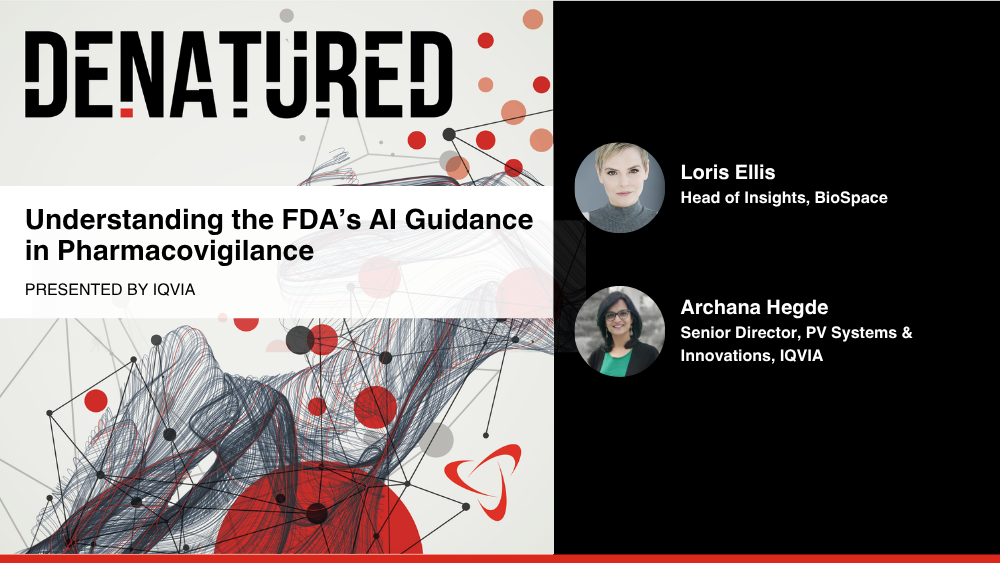BOSTON, Nov. 19, 2015 (GLOBE NEWSWIRE) -- ZIOPHARM Oncology, Inc. (Nasdaq:ZIOP), a biopharmaceutical company focused on new cancer immunotherapies, today announced that the Company is presenting initial results from an ongoing Phase 1 dose-escalation study of Ad-RTS-hIL-12 + orally administered veledimex in recurrent or progressive glioblastoma or grade III malignant glioma. The presentation, titled "Intratumoral Regulated Expression of IL-12 as a Gene Therapy Approach to Treatment of Glioma," will be delivered at 5:15 pm CT, Saturday, November 21, 2015 at the 20th Annual Society for Neuro-Oncology (SNO) Annual Scientific Meeting in San Antonio, Texas. Ad-RTS-hIL-12 + the oral activator veledimex is a novel viral gene therapy candidate for the controlled expression of IL-12, a critical protein for stimulating an anti-cancer T-cell immune response.
"Immunotherapy is an attractive approach for the treatment of glioma, an aggressive cancer with few treatment options," said Nino Chiocca, MD, PhD, Harvey W. Cushing Professor of Neurosurgery, Department of Surgery, Harvard Medical School, Surgical Director, Center for Neuro-oncology, Dana-Farber Cancer Institute, Chairman, Neurosurgery, Brigham And Women's Hospital and Co-Director, Institute for the Neurosciences, Brigham And Women's Hospital. "IL-12 is among the most potent anti-cancer immune cytokines, yet carries equally significant potential for immune-mediated toxicities. The ability to turn IL-12 expression on and off using an orally activated gene switch, particularly in the brain's immune privileged environment, is a tremendous advancement in the potential of this therapeutic approach. We look forward to enrolling additional patients and follow up from this study to evaluate Ad-RTS-IL-12's potential in this challenging, rapidly advancing and lethal disease."
The ongoing multi-center Phase 1 trial of Ad-RTS-hIL-12 + veledimex examines a gene therapy strategy for recurrent high grade gliomas, with the goal of generating a localized anti-tumor immune response. The primary objective of the study is to determine the safety and tolerability of a single intra-tumoral Ad-RTS-hIL-12 injection activated upon dosing with oral veledimex. Secondary objectives are to determine the Ad-RTS-hIL-12 + veledimex maximum tolerated dose, the immune responses elicited by Ad-RTS-hIL-12 + veledimex, and assessment of biologic response. The study is expected to enroll up to 72 subjects.
Preclinically, the effects of Ad-RTS-mIL-12 + veledimex were studied in orthotopic glioma animal models, demonstrating veledimex crossed the blood-brain-barrier. In a standard orthotopic glioma mouse model that evaluated dexamethasone, bevacizumab, temozolamide and a PD-1 inhibitor, Ad-RTS-mIL-12 + veledimex demonstrated a dramatic dose-related increase in survival, without significant adverse events, that was superior to all other treatments.
In the current, on-going Phase 1 study, five patients are available for initial assessment, two with recurrent grade III malignant glioma and three with grade IV. Results show IL-12 was detectable in peripheral blood along with downstream IFNg, indicating that veledimex crossed the blood brain barrier activating IL-12 expression from intra-tumorally administered Ad-RTS-hIL-12. Ad-RTS-hIL-12 + veledimex was well tolerated with minimal neurologic toxicity. The most common adverse events were headache, fever, hyponatremia and nausea/vomiting. Related serious adverse events were aseptic meningitis, neutropenia, thrombocytopenia, leukopenia, with all toxicity to date consistent with the "on-target" effects of immunotherapy.
"Observing that veledimex can cross the blood brain barrier and that IL-12 expression can be regulated in the brain, demonstrates a clear translation of results from the laboratory to the clinic," said Laurence Cooper, M.D., Ph.D., Chief Executive Officer of ZIOPHARM. "We look forward to follow-up of the current recipients and to further enrollment in this multi-center gene therapy study."
About ZIOPHARM Oncology, Inc.:
ZIOPHARM Oncology is a Boston, Massachusetts-based biotechnology company employing novel gene expression, control and cell technologies to deliver safe, effective and scalable cell-based therapies for the treatment of cancer. The Company's synthetic immuno-oncology programs, in collaboration with Intrexon Corporation (NYSE:XON) and the MD Anderson Cancer Center, include chimeric antigen receptor T cell (CAR-T) and other adoptive cell based approaches that use non-viral gene transfer methods for broad scalability. The Company is advancing programs in multiple stages of development together with Intrexon Corporation's RheoSwitch Therapeutic System® technology, a switch to turn on and off, and precisely modulate, gene expression in order to improve therapeutic index. The Company's pipeline includes a number of cell-based therapeutics in both clinical and preclinical testing which are focused on hematologic and solid tumor malignancies.
Forward-Looking Safe-Harbor Statement:
This press release contains certain forward-looking information about ZIOPHARM Oncology, Inc. that is intended to be covered by the safe harbor for "forward-looking statements" provided by the Private Securities Litigation Reform Act of 1995, as amended. Forward-looking statements are statements that are not historical facts, and in some cases can be identified by terms such as "may," "will," "could," "expects," "plans," "anticipates," and "believes." These statements include, but are not limited to, statements regarding the progress, timing and results of preclinical and clinical trials involving the Company's drug candidates, and the progress of the Company's research and development programs. All of such statements are subject to certain risks and uncertainties, many of which are difficult to predict and generally beyond the control of the Company, that could cause actual results to differ materially from those expressed in, or implied by, the forward-looking statements. These risks and uncertainties include, but are not limited to: whether chimeric antigen receptor T cell (CAR T) approaches, Ad-RTS-IL-12, TCR and NK cell-based therapies, or any of our other therapeutic candidates will advance further in the pre-clinical or clinical trials process and whether and when, if at all, they will receive final approval from the U.S. Food and Drug Administration or equivalent foreign regulatory agencies and for which indications; whether chimeric antigen receptor T cell (CAR T) approaches, Ad-RTS-IL-12, TCR and NK cell-based therapies, and our other therapeutic products will be successfully marketed if approved; the strength and enforceability of our intellectual property rights; competition from other pharmaceutical and biotechnology companies; and the other risk factors contained in our periodic and interim SEC reports filed from time to time with the Securities and Exchange Commission, including but not limited to, our Annual Report on Form 10-K for the fiscal year ended December 31, 2014, and our Quarterly Reports on Form 10Q for the quarters ended March 31, 2015, June 30, 2015 and September 30, 2015. Readers are cautioned not to place undue reliance on these forward-looking statements that speak only as of the date hereof, and we do not undertake any obligation to revise and disseminate forward-looking statements to reflect events or circumstances after the date hereof, or to reflect the occurrence of or non-occurrence of any events.
Trademarks
RheoSwitch Therapeutic System® (RTS®) technology is a registered trademark of Intrexon Corporation.
CONTACT: Lori Ann Occhiogrosso ZIOPHARM Oncology, Inc. 617-259-1987 locchiogrosso@ziopharm.com David Pitts Argot Partners 212-600-1902 david@argotpartners.com ![]()




